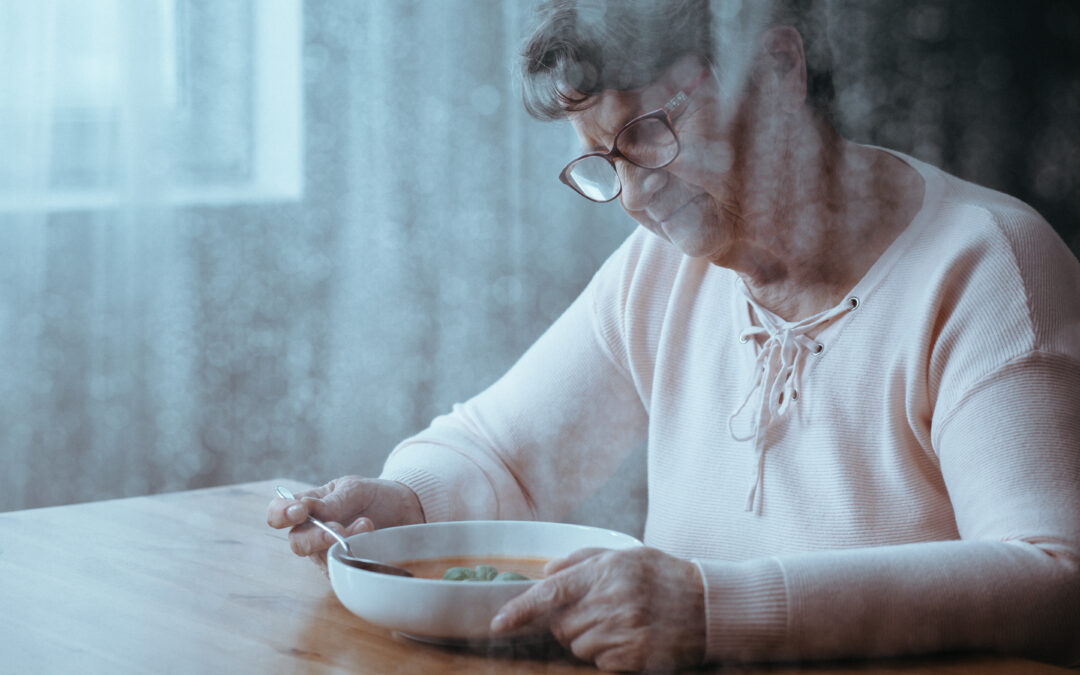Given the enduring gender pay inequality evident in Australia, we need more people to keep banging on about it; as only through pressure by public figures and key institutions are we likely to prompt any change. Those Senators on the Committee calling for action, including embedding gender pay equity as an overall object of the Fair Work Act, shouldn’t be silenced by dismissive statements about how far we have come; while gender pay inequality continues, we haven’t come far enough.
We now have the catchier name of ‘glass walls’ to describe the clustering of women and men in different occupations; with those occupations in which women are found paid less than those where men dominate. But this has been clearly tracked for decades, and the patterns have remained remarkably persistent. In Australia, the Equal Pay for Equal Work decision of 1969 and the Equal Pay for Work of Equal Value decision of 1972 were the first steps taken to close Australia’s gender wage gap, but with public policy attention waxing and waning over the years since, we have yet to see any fundamental improvement.
We now have the catchier name of ‘glass walls’ to describe the clustering of women and men in different occupations.
Australian gender income inequality remains above the OECD average. While other countries have reduced their gender wage gaps, our glass walls have proven remarkably impervious, so this latest reminder of the extent of the problem by the (unsurprisingly) predominantly female Senate Committee is timely.
The undervaluing of women’s work deserves our attention; not only because it is unfair; but as recent research I have done with colleagues makes clear, it is also a drag on the Australian economy.
Certainly, there have been efforts directed to attracting and retaining more women to male dominated occupations, and to better paid roles, but until we address the fundamental problem of the undervaluing of traditionally ‘female’ occupations, and work to attract a more equal distribution of women and men in these, Australia’s poor record in gender pay equity will continue, with a real cost to national productivity.
Until we address the fundamental problem of the undervaluing of traditionally ‘female’ occupations, Australia’s poor record in gender pay equity will continue.
There is some hope. After decades of women’s low representation on boards being tracked by the Workplace Equality Gender Agency with little change occurring, from the mid-2000s we saw a shift. The concerted and sustained efforts of key women to strategically employ institutional pressures and argue the case for more women on boards in the public domain, prompted action. The pressures brought to bear through the efforts of these ‘troublesome’ women disrupted the status quo. From 8% of ASX 200 directors in 2009, women now make up over 25% and are expected to reach 30% by 2018. We need these sort of smarts to be directed to achieving the goals articulated in the report and keep the pressure on to urgently deliver tangible, measurable action on pay equity.




